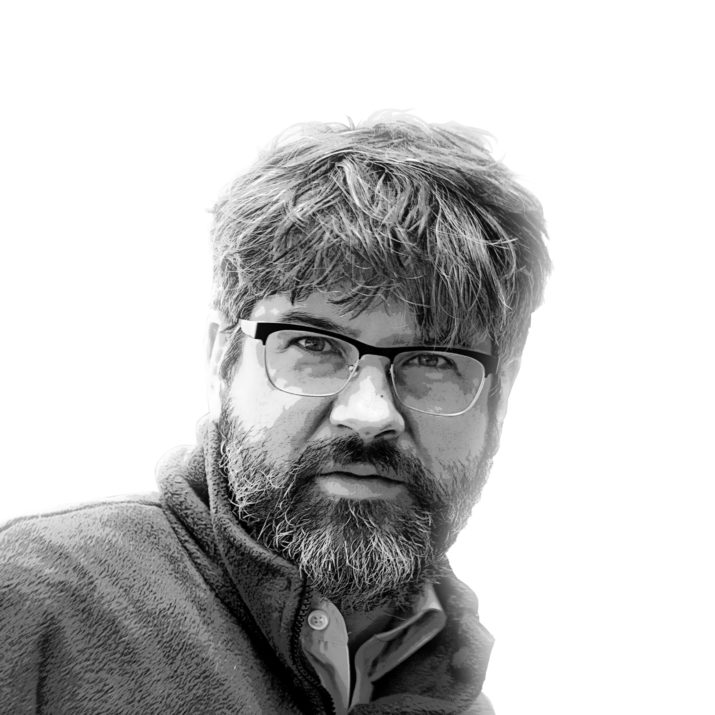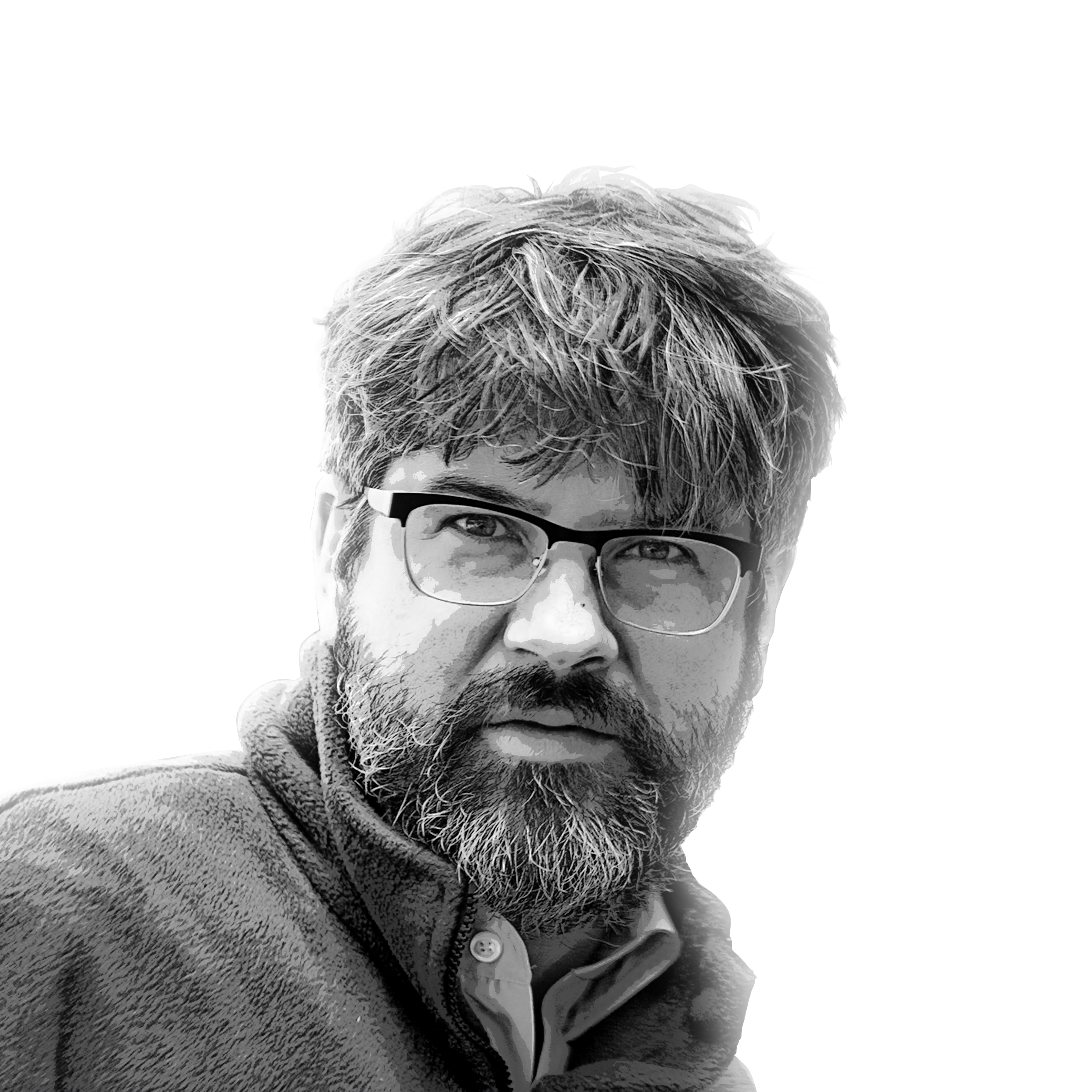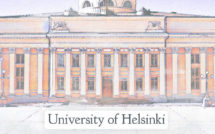

From news headlines to academic treatises and ardent appeals of leading politicians or economic experts, today more than ever, the call for building and restoring trust dominates all spheres of social and political life. Instead, its counterpart, mistrust, has remained a largely marginalized phenomenon. If at all recognized, mistrust is seen as trust’s undesired absence at best and an outright failure of our socio-political system at worst.
The social anthropologist Florian Mühlfried, who has been studying the Caucasus extensively over the last two decades, wants to take a step back and explore what people actually do when they mistrust. Instead of seeing in it the mere negation of trust, he understands mistrust as a complex social phenomenon in its own right, a social practice that allows individuals to maintain a critical distance vis-a-vis state and state-like institutions. In fact, by doing so, practices of mistrust prove essential in negotiating and maintaining a place of our own in a society of today—that is more than ever permeated by the monopolizing forces of state actors.
At the same time, however, Mühlfried witnesses a growing trend towards a total detachment from the mistrusted world and the emergence of the most radical forms of mistrust—manifesting themselves in the growing popularity for radical movements on both the political right and at the margins of political Islam. In his publication (Mistrust: A Global Perspective, Palgrave/2019) Mühlfried takes us to the breeding grounds of ISIS in Chechnia, Dagestan and the Pankisi Gorge (northeastern Georgia) to explore the crucial role of radical mistrust in the rise of radical Islamism in the Caucasus and beyond.
—David Leupold for Europe Now.
EuropeNow How did you get interested in mistrust?
Florian Mühlfried Well, it organically developed out of my interest in citizenship practices that were at the center of my last book on the Georgian highlands, on a very remote mountain area called Tusheti. When looking at citizenship practices there was this widespread perception that people would not have much to do with the state. They are shepherds, they are living in remote ways detached from the state—and of course this is a cliché—and part of my mission was to prove this cliché wrong. But what I discovered during the course of my research and when investigating the academic literature on citizenship is that there is a lot of literature on notions of belonging and entitlement. But almost no attention is paid to practices of keeping a certain distance to the state. And I thought this is also part and parcel of citizenship practices—it’s overlooked. I needed to invest some time and efforts to come to terms with these practices in order to develop a vocabulary to capture them. One of the notions I discovered to describe these practices was the notion of reserves. People keep certain thoughts, spaces or things apart. Certain things they do not want to share, they want to keep separate—for example from the grip of the state. This has been at the core of my latest monograph (Mistrust: A Global Perspective, Palgrave/2019). And while studying these practices I realized that part of them are motivated by mistrust. There is not only trust to the state, which is declared to be so fundamental and crucial for the maintenance of statehood. There is also a wide-spread sentiment of mistrust towards the state that motivates people to take an effort to distance themselves from the state, and the state’s intention to penetrate pretty much every space of social life. But to my surprise I discovered that there is almost no scientific work dedicated to studying those practices.
EuropeNow In your own work, you are interested in young Muslim men particularly from Chechnia, from the Pankisi valley (northwestern Georgia), who break their ties with their environment to join ISIS. But how does essential mistrust towards their environment turn into blind trust for Al-Bagdadi and his followers? How do you make sense of this puzzle?
Florian Mühlfried This is a phenomenon I capture under the label of radical mistrust. When people mistrust, this mistrust translates into action. First of all, it is important to understand that practices of mistrust are relational practices. So, mistrust, for me, is not primarily a feature of mentality or character. I take it as a relational practice. In this sense, radical mistrust is a very particular form of relational mistrust. People who radically mistrust believe that it makes no sense to relate to the mistrusted world and its people anymore. They are detached from this world and only cherish their peer-group, which is the group of the Jihadists in this example. It is striking to see that within this group radical trust has to rule. Any sign of mistrust could be severely punished. ISIS kills people who they claim mistrust them or deviate. Within these groups there is this imperative that the outside world has to be mistrusted in radical ways. Hence, mistrust constitutes their relation to the world, and trust is exclusively allocated within a detached lifeworld—at least on the ideological level.
EuropeNow But in your work you also link this radical detachment from the world to what you call a transformation from being alive to being undead.
Florian Mühlfried The question is how to detach yourself from a world that you fundamentally distrust. How to do that? Because you are physically still part of it. In order not to be affected by life while still living, you have to transform into an undead. This motif, or transformation, can be found in mythology very often but in this case it has a very practical and empowering effect. The most obvious expression is of course captured in this statement from the spokesperson from ISIS in the aftermath of the 2017 Barcelona attacks: “We love death more than you love life.” A way to understand this is to notice the transformative effect on the people who dedicate themselves to the movement as being dead while being alive. For the people who take this oath of commitment, this is a liberating experience as they feel no longer part of the world anymore and for the higher echelons ISIS this has, sarcastically speaking, a very practical edge because these people can be easily manipulated and used for suicide attacks.
EuropeNow What makes ISIS recruitment particularly successful in the Northern Caucasus? How shall we account of the local context?
Florian Mühlfried When I dug deeper into the materials of the Caucasus that were accessible to me I discovered a genealogy of mistrusters that were at the same time death-seekers. To this day, for instance, both the Abrek [a social bandit à la Robin Hood] and the thieve-in-law [Soviet criminal cast member] haunt the imaginary of the underground youth still today. In the case of the Abrek, we have the icon of the heroic resistance fighter opposing Russian aggression in the nineteenth century. To this day, the Abrek is alive in both Chechen family narratives and family names. We have several fighters that fought the Russians now fighting alongside with ISIS who bear the first names of famous Abreks. The fact that the Abrek was both a resistance fighter and a bandit however links them to pan-Soviet imaginaries of the so called thief-in-law and his criminal underworld. And the thieves-in-law and their lifestyle, in turn, are quite present in the imaginaries of those young men in the Caucasus who are flirting with ISIS and the Islamist movement. I bring this one example in my chapter based on my own personal experience. I got to know this young fellow from the Pankisi valley. He is now twenty-one and there was a certain period when he felt close to the movement which has gained increasing popularity in the Pankisi valley. And he added me on Facebook. So I could see all his posts on his profile. And it was striking to see this mélange of ISIS and jihadist content, horses, shiny BMWs and some videos from the realm of the thieves-in-law capturing their very special of speaking and acting. So there is obviously something that brings together imaginaries centering on the jihadist and the thief-of-law around the common notion of the just resistance fighter.
EuropeNow As a final question: how to strike a balance between forestalling the emergence of radical mistrust while simultaneously allowing something what we might call constructive mistrust?
Florian Mühlfried First of all, what needs to stop is this automatic quest for trust—whenever we face a crisis, whenever we face a political crisis with regard to populism in Europe or with Trump being elected president in the USA. Whenever we have an economic crisis like the emissions scandal 2015, when car manufacturing companies were caught manipulating emission certificates in order to evade state regulations or whenever we face right-wing activities like those of the National Socialist Underground (NSU), this German terrorist group that killed dozens of citizens with Turkish roots while maintaining close ties with the structures of the German secret service. Whenever this gets public, there will be politicians who will take the stage to proclaim a crisis of confidence or a crisis of trust. They will say this has a negative effect as it undermines the trust of the population vis-à-vis the economy or the state. We have for instance the trust of the consumer in a company which is said to be crucial for the running of the economy. So, constantly, whenever things like this happen, we hear calls to jointly restore trust and overcome mistrust. I would like to take a step back and argue in favor of taking mistrust seriously instead of immediately discarding it. Because if we discard it, it will detach, it will radicalize. The case of those young men in the Pankisi valley joining the jihadists serves as a plain example for this. Mistrust must have a place in society. And in respect of what is happening in the United States I can say that I completely understand the mistrust of those guys voting in favor of Trump. There has been lots of good ground for this mistrust. People who have been lagging behind, disconnected, disempowered, impoverished, alienated. There is legitimate ground to distrust those in power. I do not see a problem in this. I see the problem in the trust they put into Trump. So I would say that we should rather problematize trust and take mistrust seriously.
Mühlfried’s coedited volume Mistrust: Ethnographic Approximations is accessible as a free book in the public domain.
Florian Mühlfried is a social anthropologist working on the Caucasus for more than twenty years. He is the editor of Mistrust: Ethnographic Approximations (Transcript, 2017) and the author of Being a State and States of Being in Highland Georgia (Berghahn, 2014), the forthcoming Mistrust: A Global Perspective (Palgrave Pivot, 2019) and the equally forthcoming German-language publication Vertrauen: Vom Wert eines Umwertes (Reclam, 2019). His research interests include trust and mistrust, state and citizenship, religion, ritual, (not-)sharing, and feasting.
David Leupold is a Manoogian post-doctoral fellow in the University of Michigan Department of Sociology with a doctorate in Social Sciences from Humboldt-Universität zu Berlin. In his forthcoming monograph he explores bridging memories in contested landscapes. His research interests include the politics of memory, counter narratives and utopias of past and future with particular focus on the post-Ottoman and post-Soviet space.
Published on September 10, 2019.




